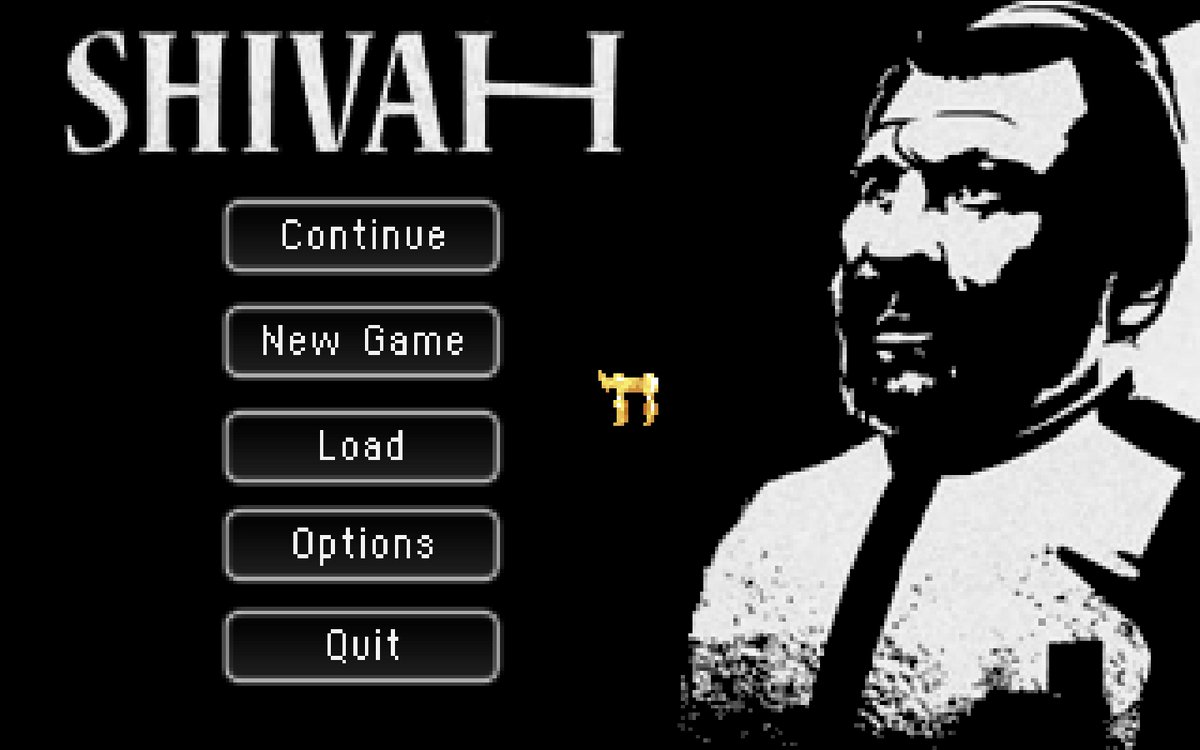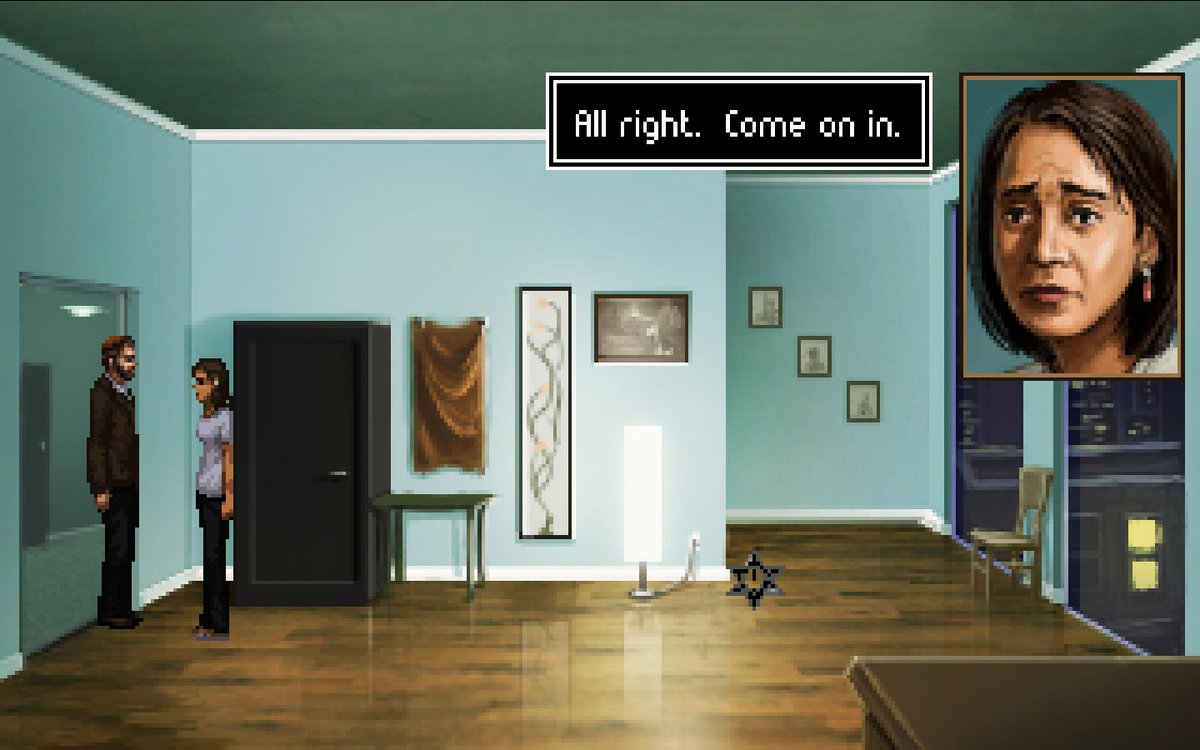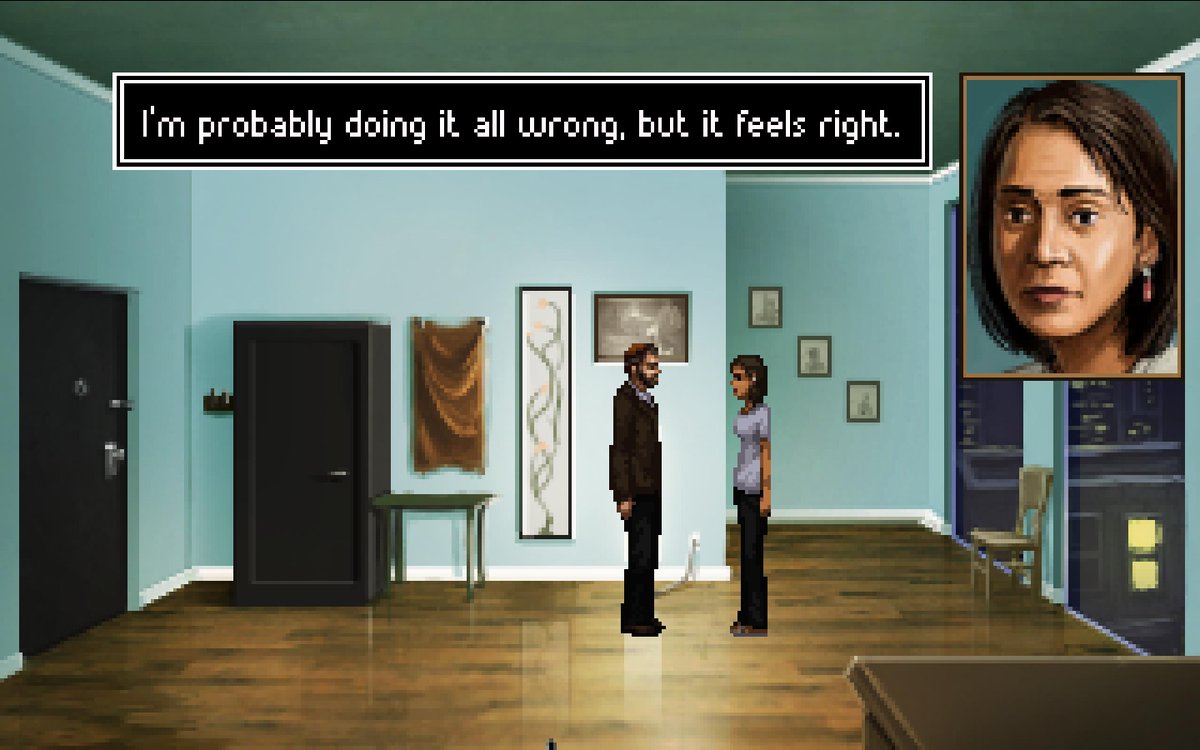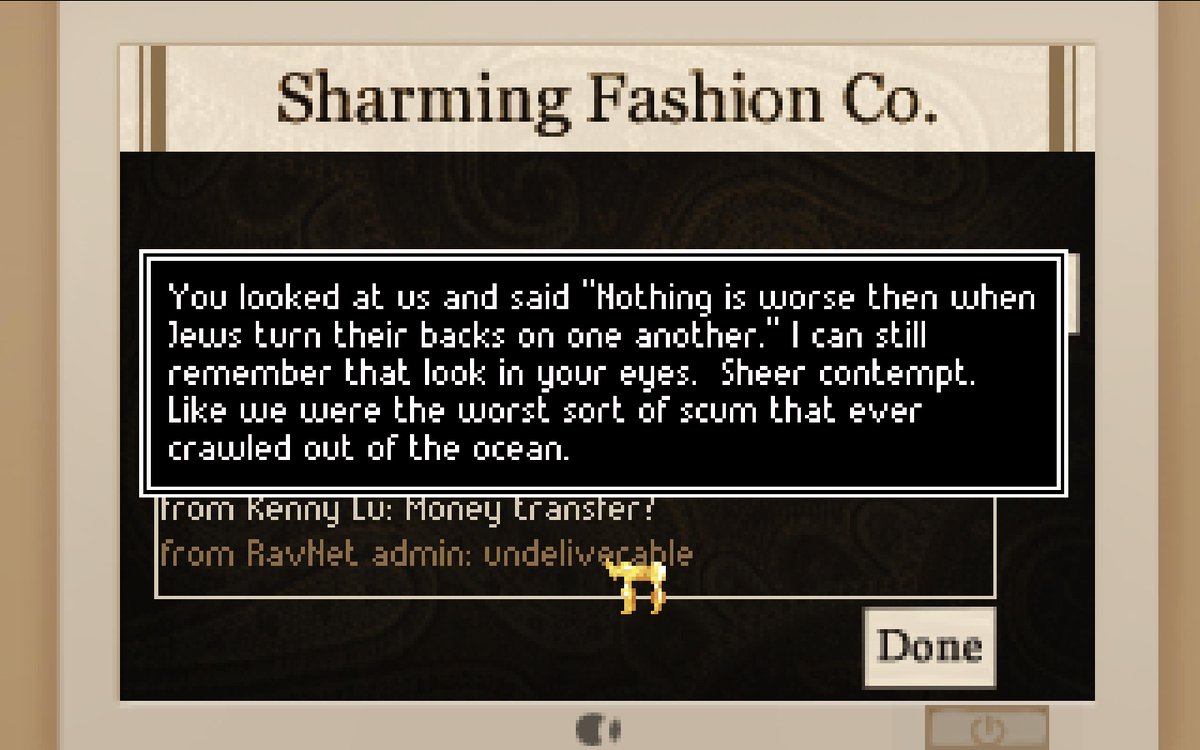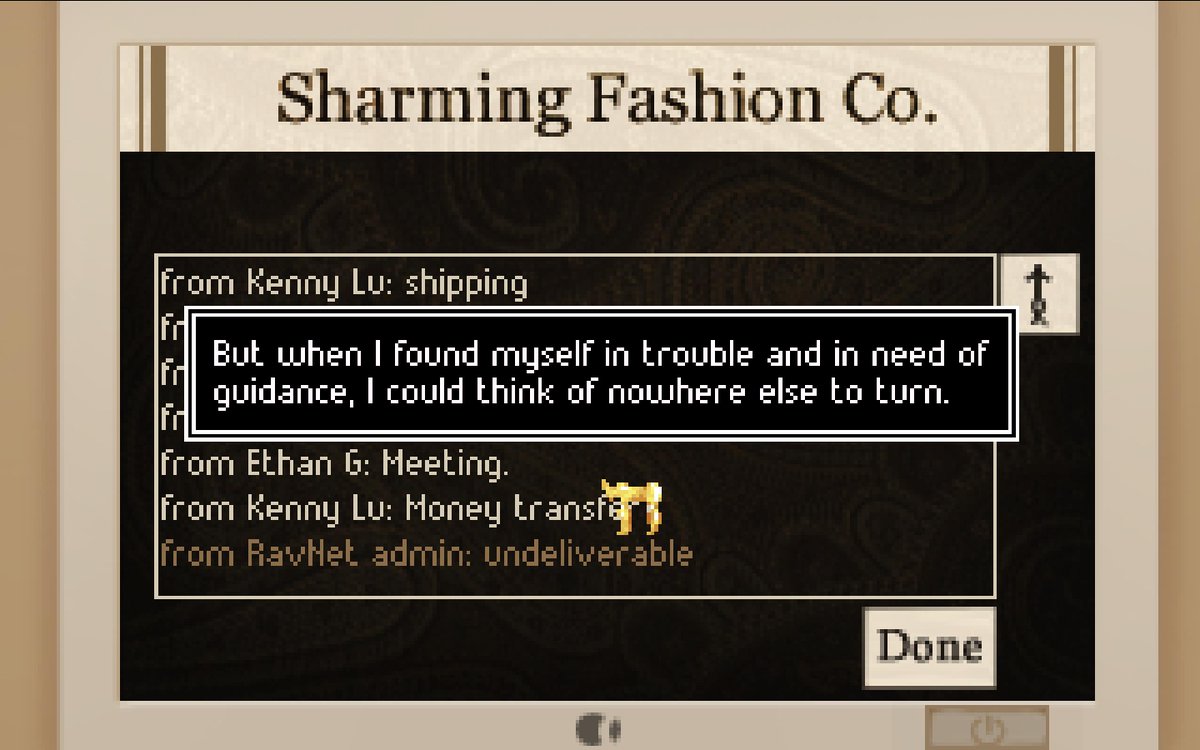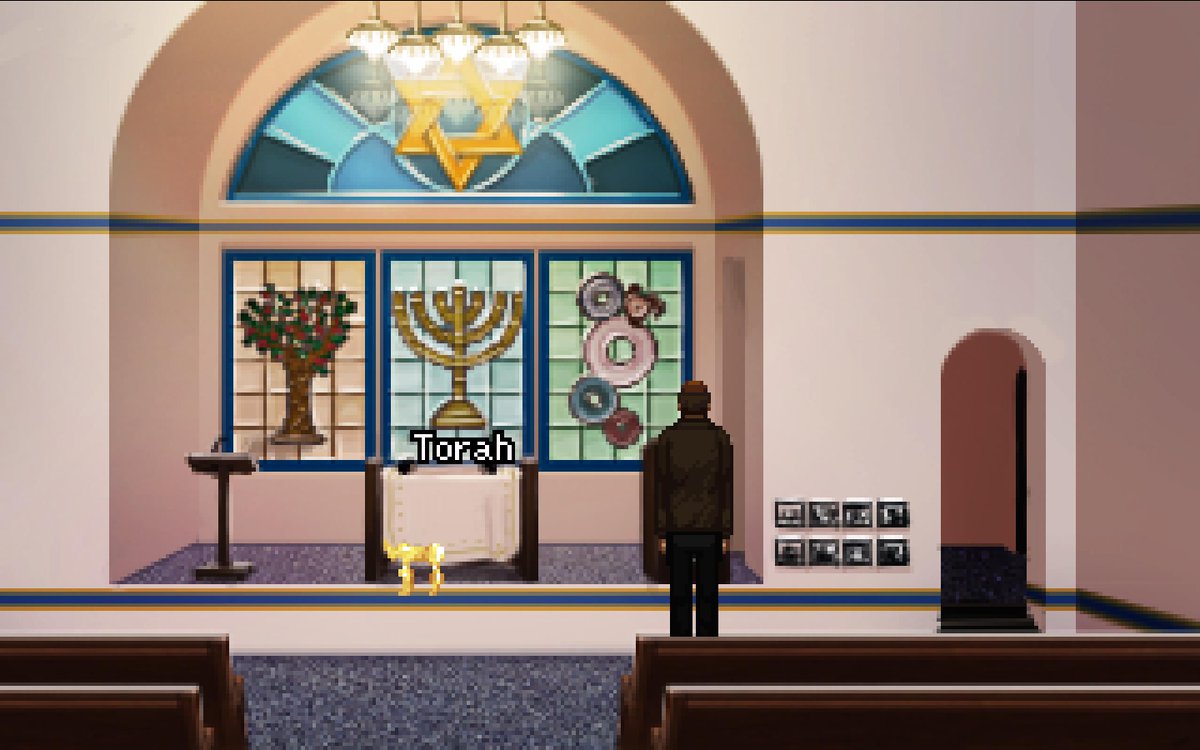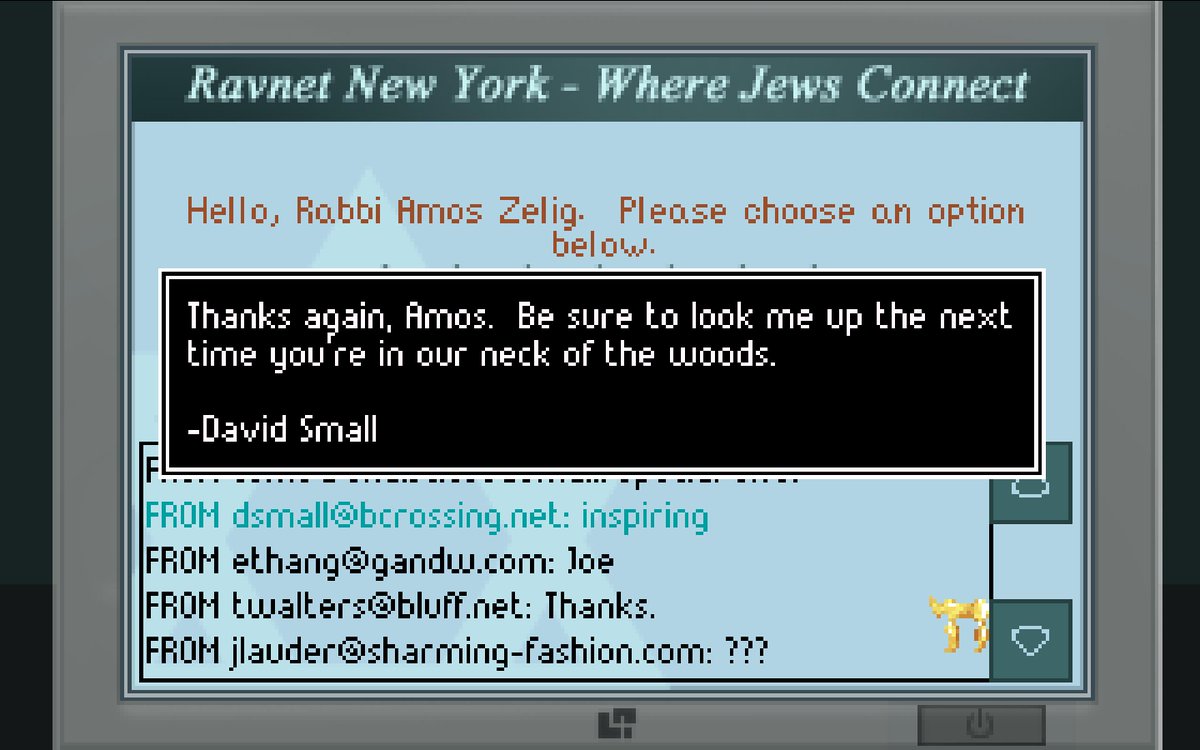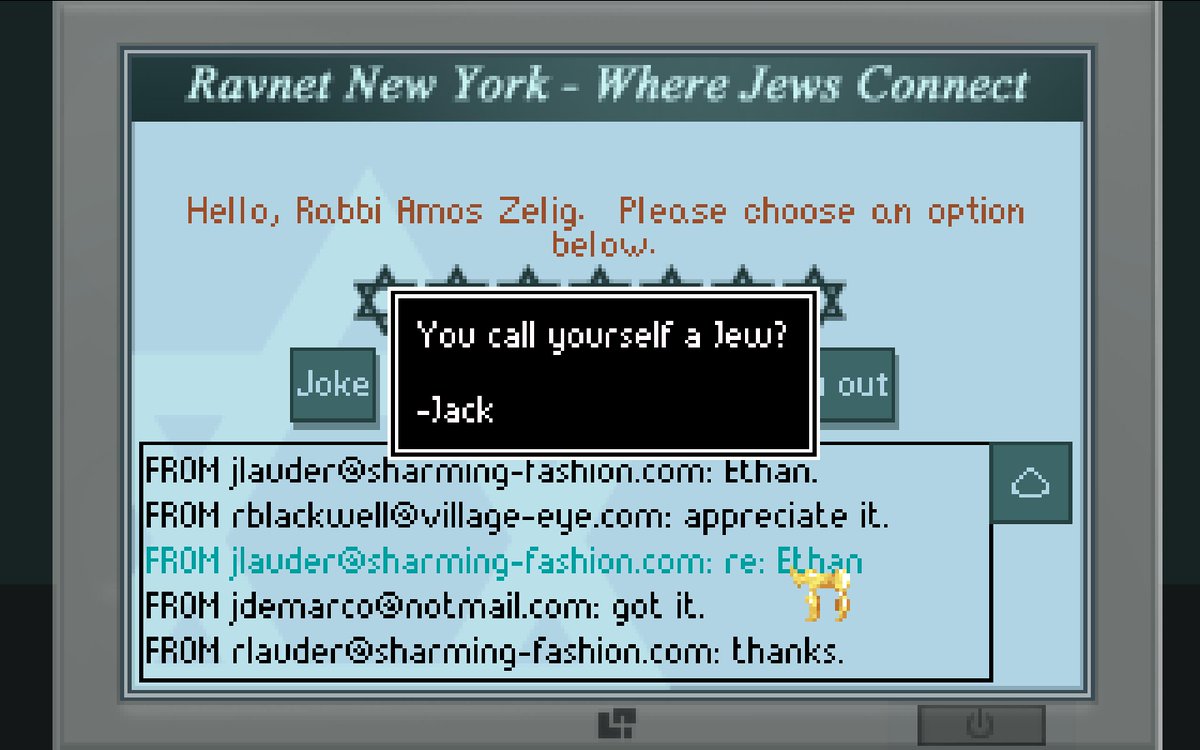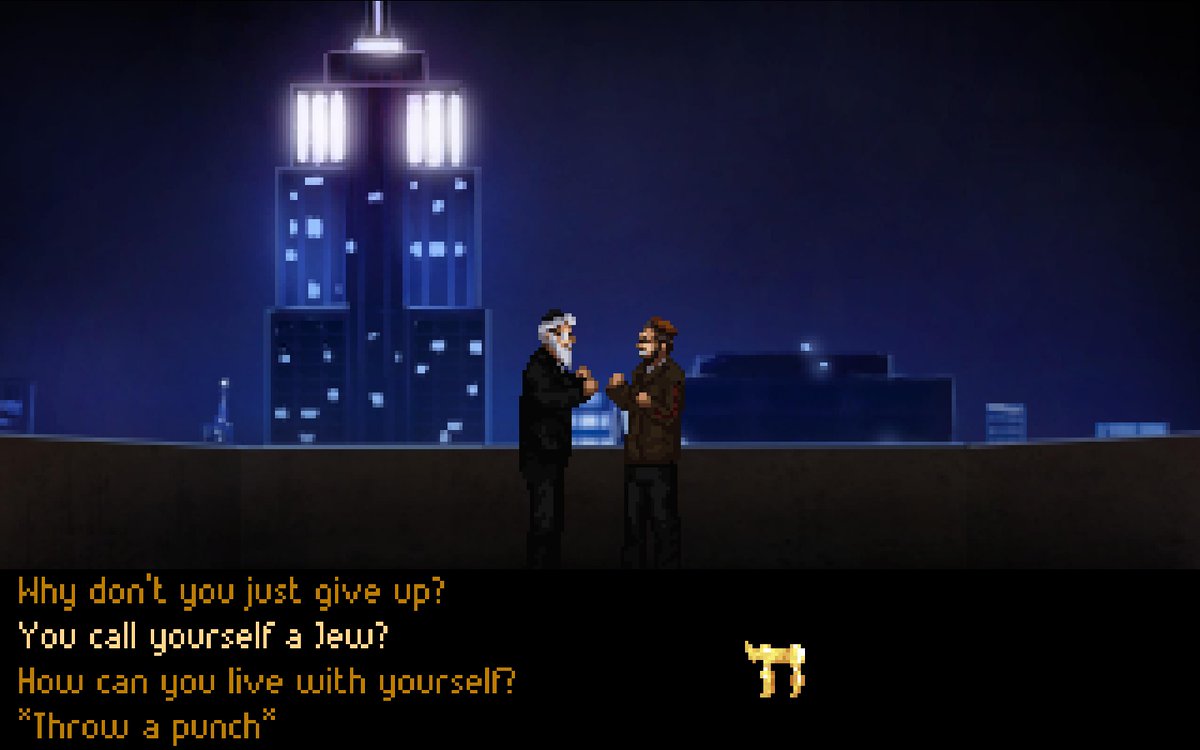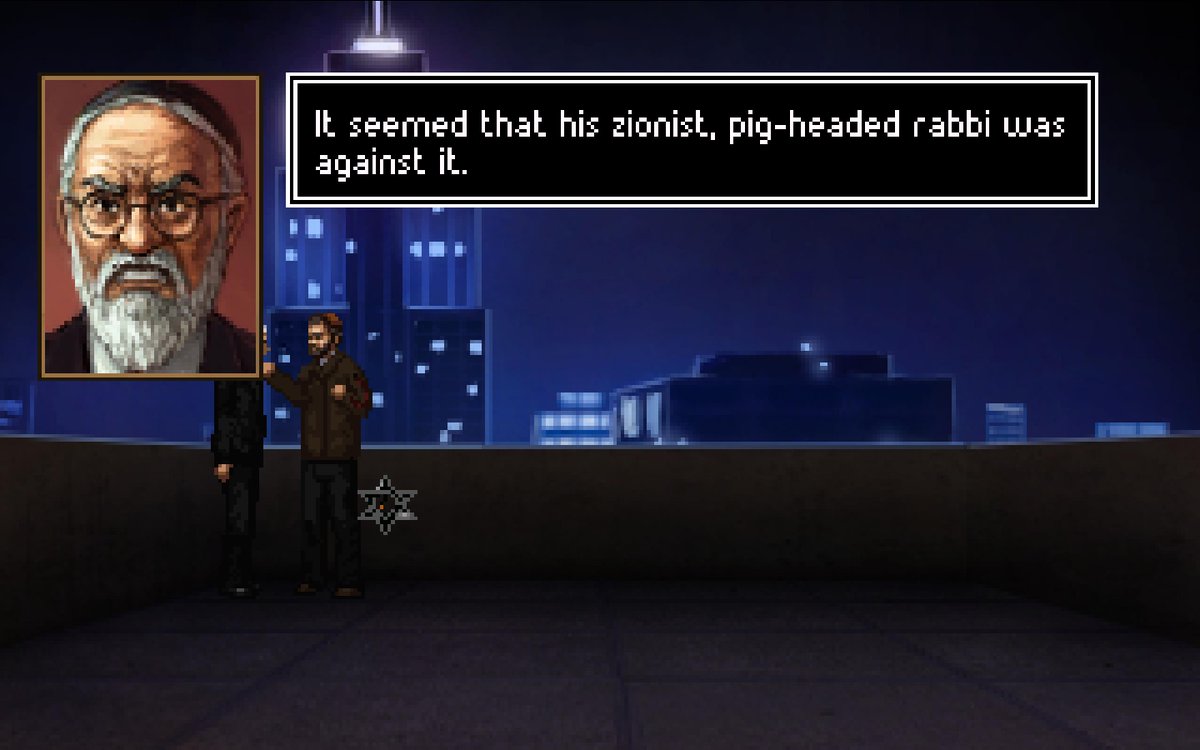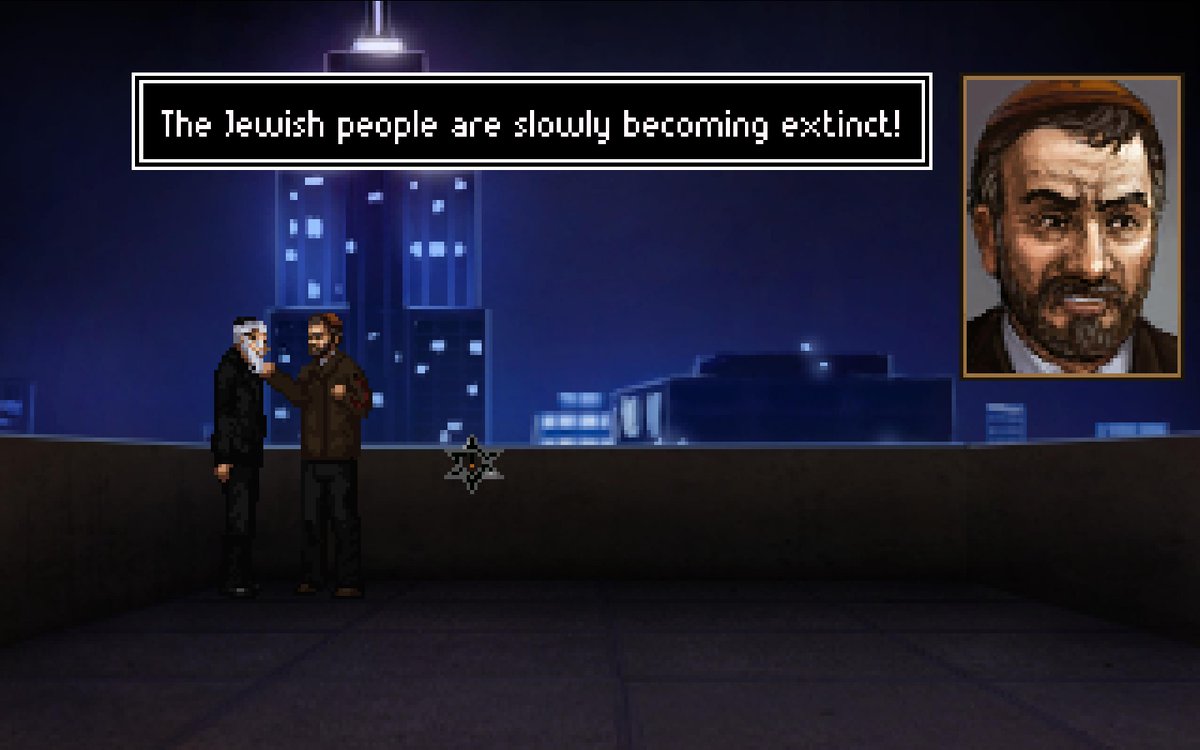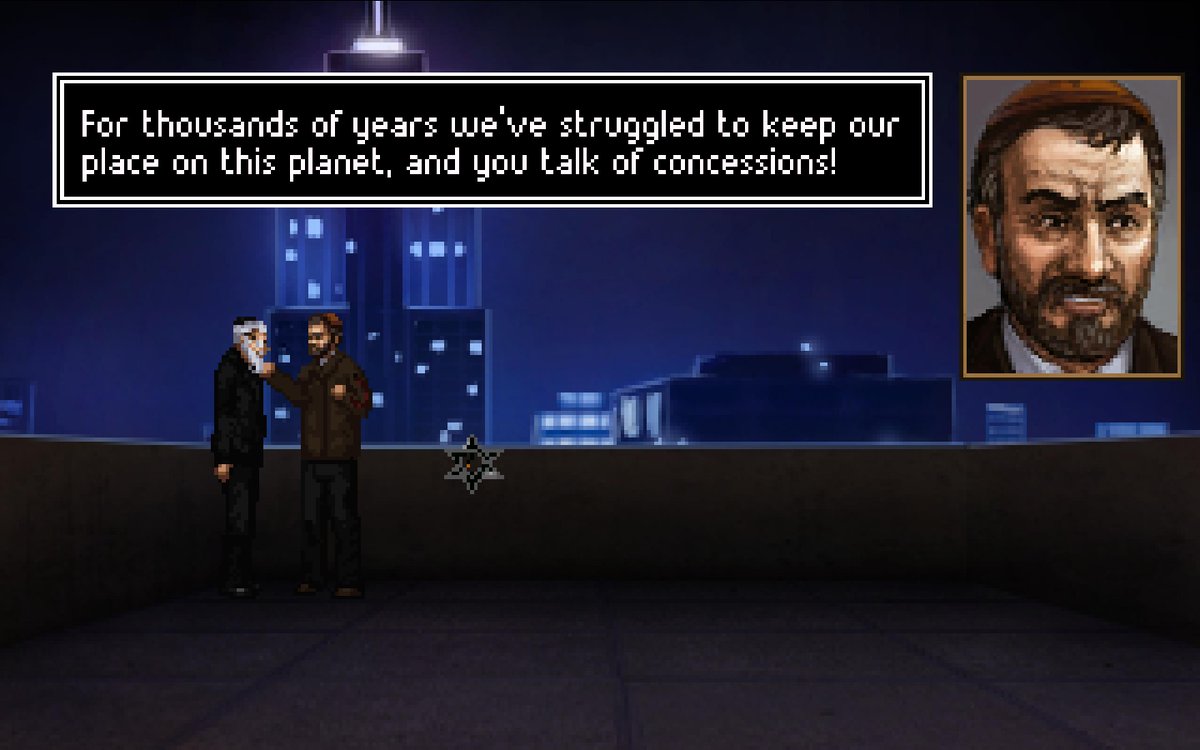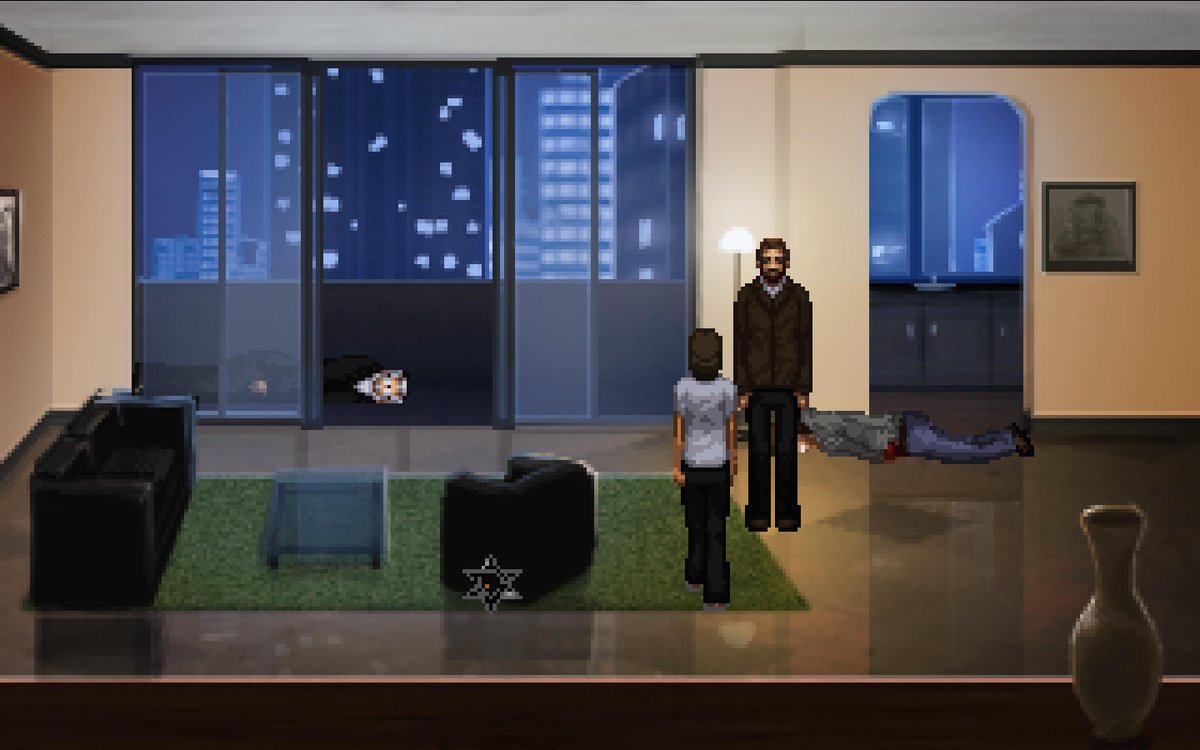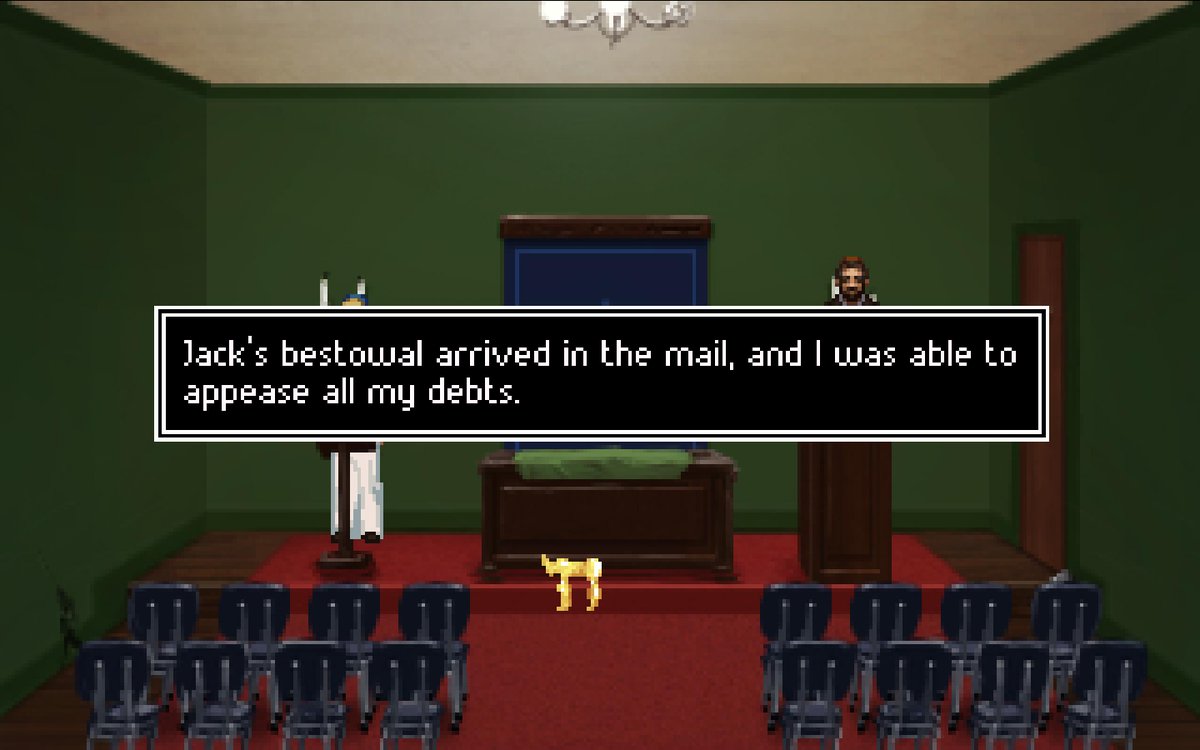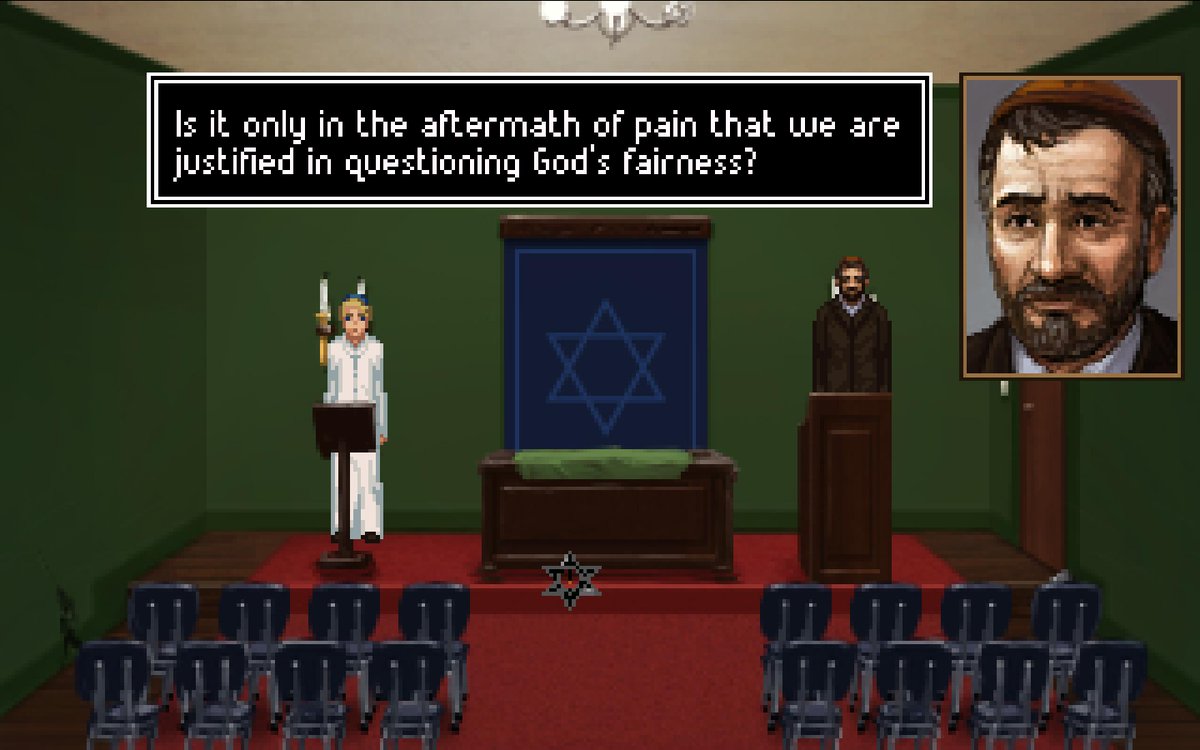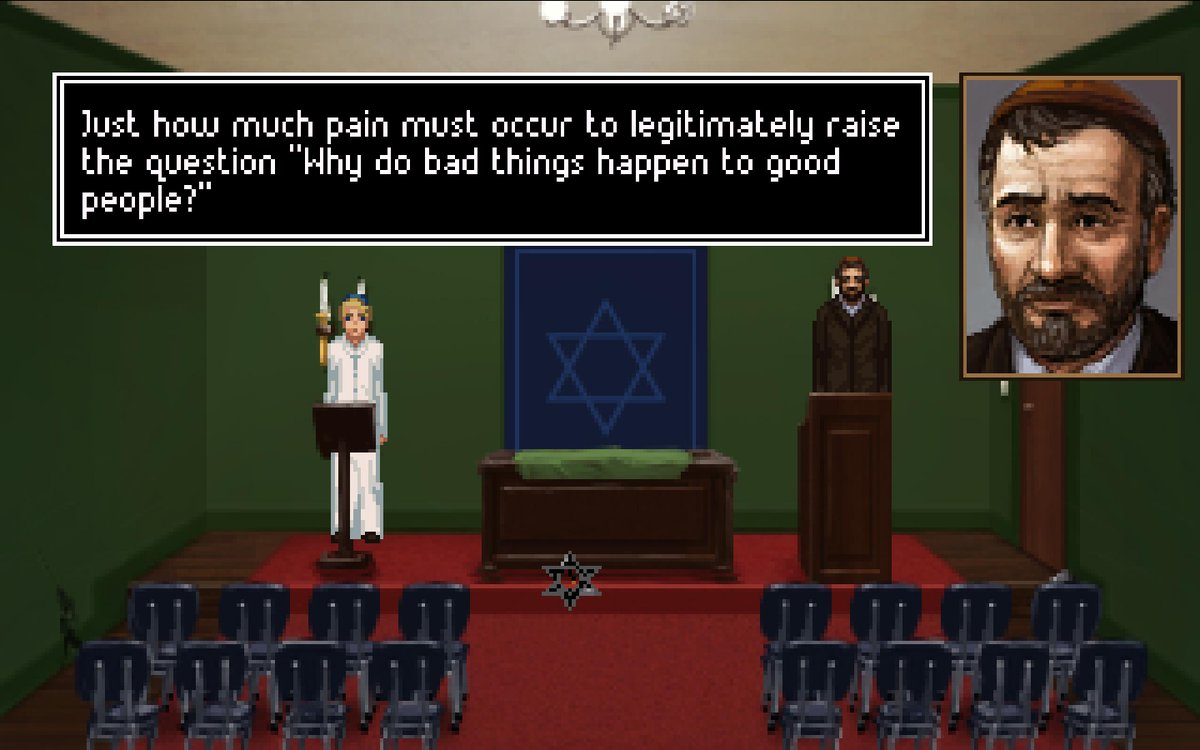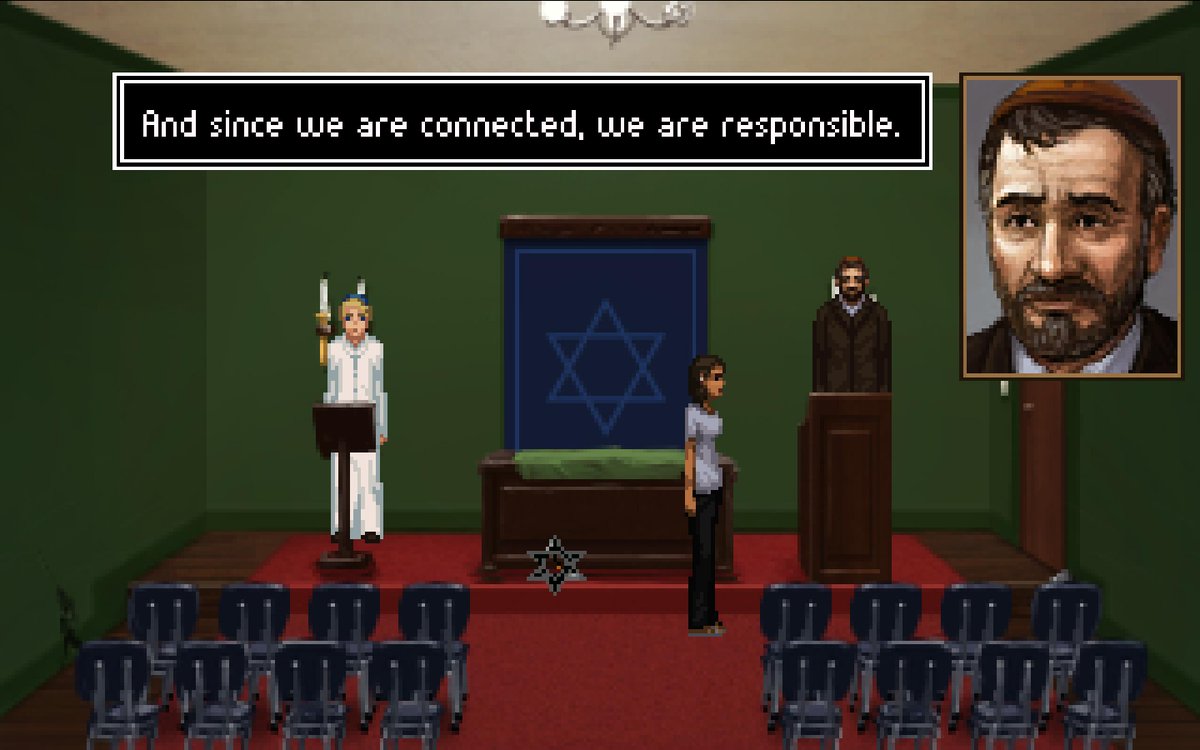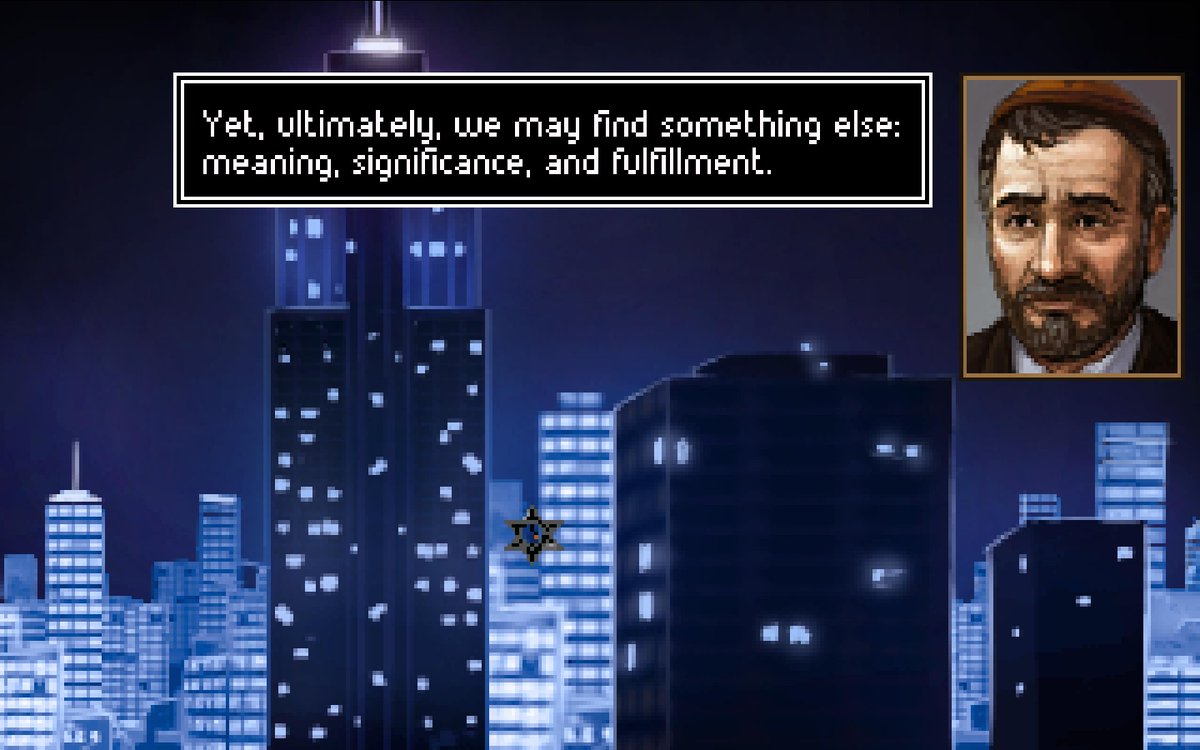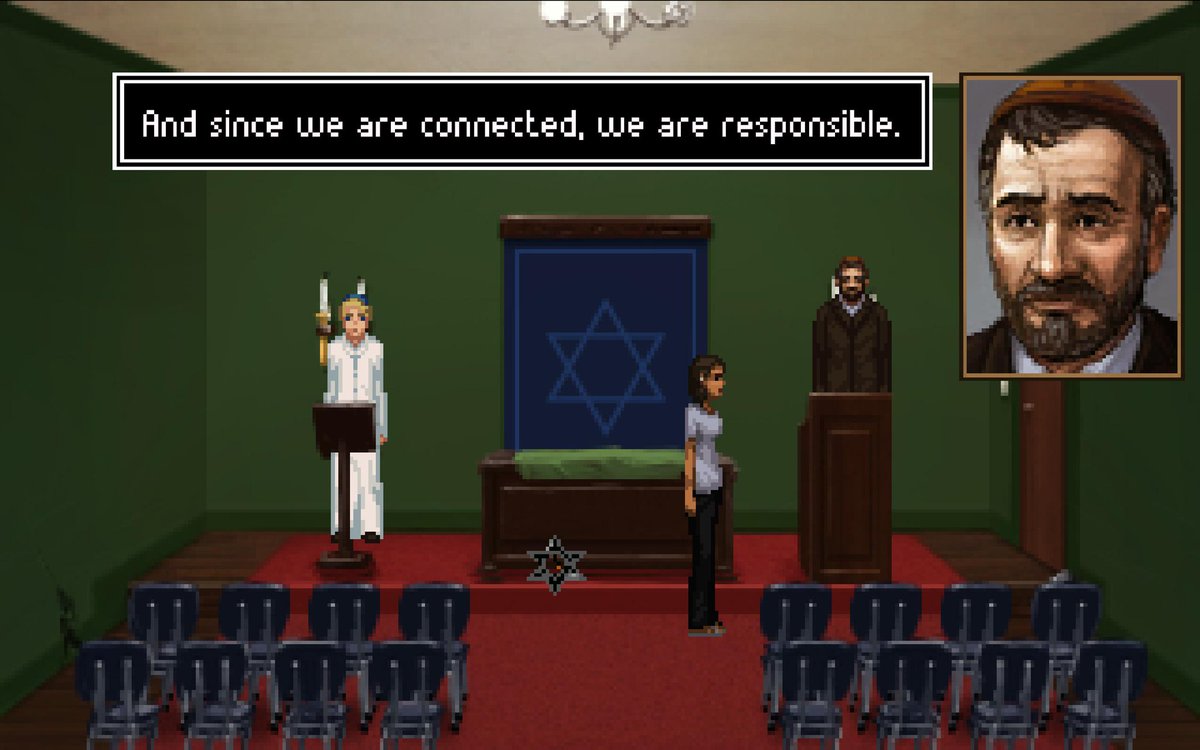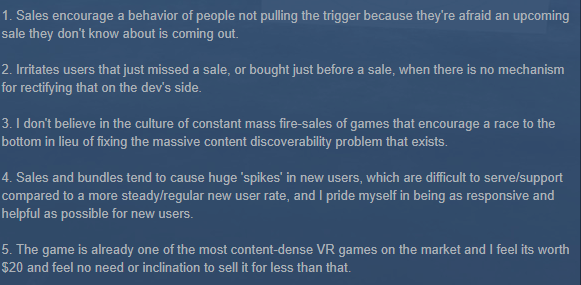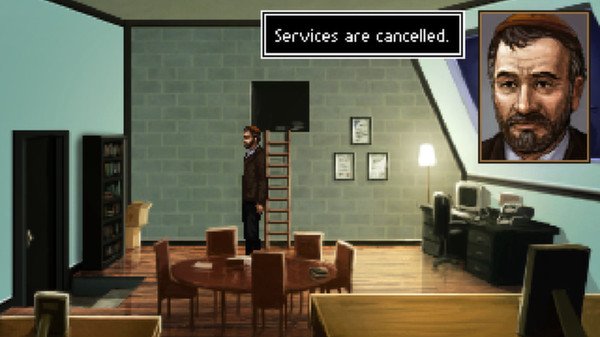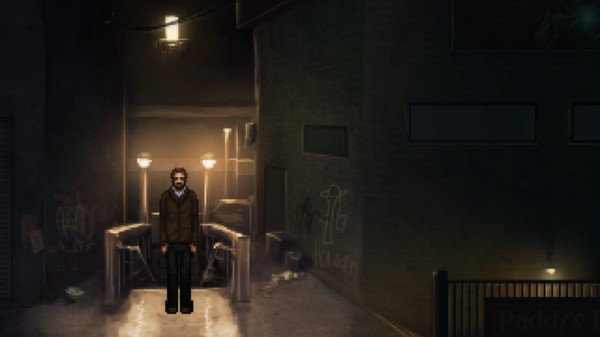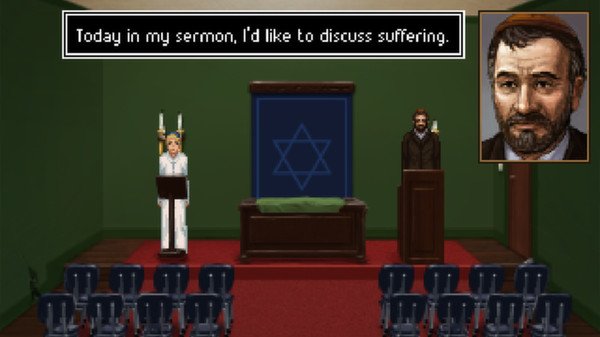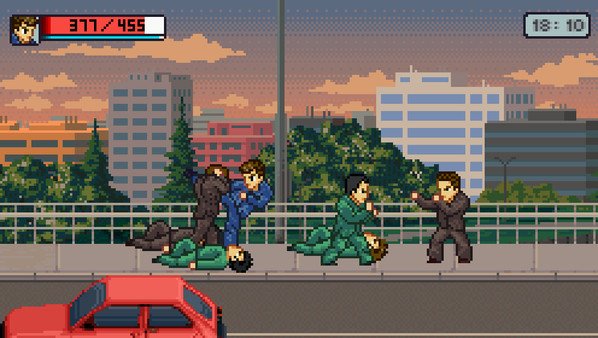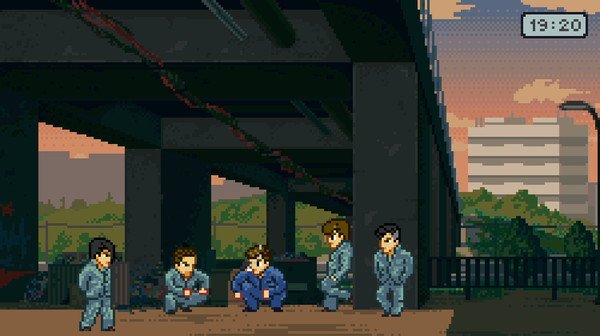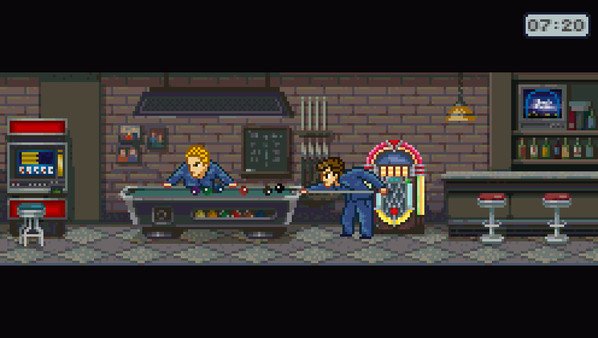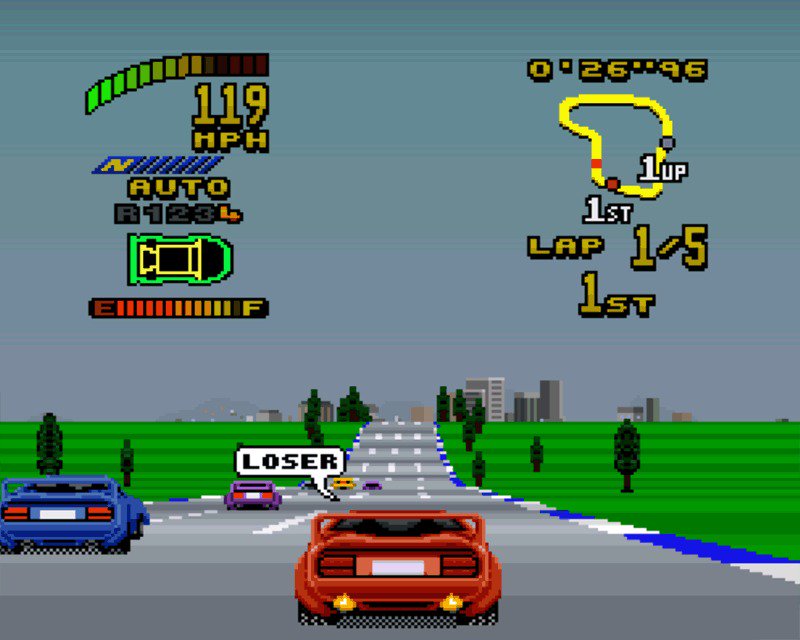I didn't hate it, but I dunno, my feelings are complicated.
--bar/bat mitzvah celebrations
Sermons aren't really a central part of shabbat services. Sometimes the rabbi gives a d'var Torah (a "word of Torah" or a thought on Torah), but sometimes they don't. My rabbi sometimes gives commentary throughout the service, but no distinct dvar.
There's also Jewish practice on display on TV in b'nei mitzvah and weddings, but again, you usually see the aftermath, the celebration, rather than the event itself. Dancing, a glass smashed, the bar mitvah boy getting gifts.
Plus it would just, I dunno, be nice to see something familiar on TV.
I found its sourness jarring.
In college I started reading the Rabbi Small mystery novels. They're Agatha-Christie-like novels from the 60s starring a rabbi who makes friends with a local police detective and the two of them solve mysteries together. detecs.org/small.html
The thing is, speaking as a game writer, you want to write scenes that *feel* realistic, but aren't actually, because in reality, people aren't particularly articulate. It goes on a little long, is what I'm saying.
Dead guy and the rabbi did not part on good terms 8 years ago.
The bulk of the game is searching for various names and locations to get addresses to go to and new characters to talk to.
So, this is where the game already began to lose me a little bit. Even though his sermon was theology that didn't really speak to me, I had sympathy for him being world-weary and just Done. But.
Oh dear.
really? in THIS economy?
in Manhattan?
--but it's blood money, so he doesn't like it.
-he's been making payments to a Joe deMarco
-his accountant is Ethan Goldberg
-he's joined Beth Tikvah synagogue
Cue Stone: Whhhaaaa? but "DeMarco" isn't a Jewish name!!!
Like Stone IS? I mean, there's email in this game, so it's not like it's medieval era.
And then one from Goldberg's wife, thanking Zelig for the lovely funeral he performed for Goldberg.
And Lauder, panicked because the police are asking about Goldberg.
We don't learn much about him, even though we've got quite a bit of correspondence from him.
You have a conversation with yourself about how maybe you're sorry you kicked Lauder out and it led him to this, but then decide it wasn't your fault.
What the actual FUCK, game.
How can he live with himself?
Does he think God will understand?
Each time you ask him one of those questions, his guard drops a bit and you can land a punch.
And there's zero indication of why Lauder would continue to practice Judaism, or why ANYONE would, except for Zelig, who's using it as a financial scam.
-Certainty about his ethics in kicking out the Lauders for intermarrying
-Doubt and jerkiness
-Certainty about his ethics in kicking out the Lauders for intermarrying, but maybe being slightly more polite this time, bc connection?
But I don't get an actual crisis of faith from him, even though it seems like that's supposed to be the arc?
I just personally finished it feeling kind of bleak about the whole thing.




